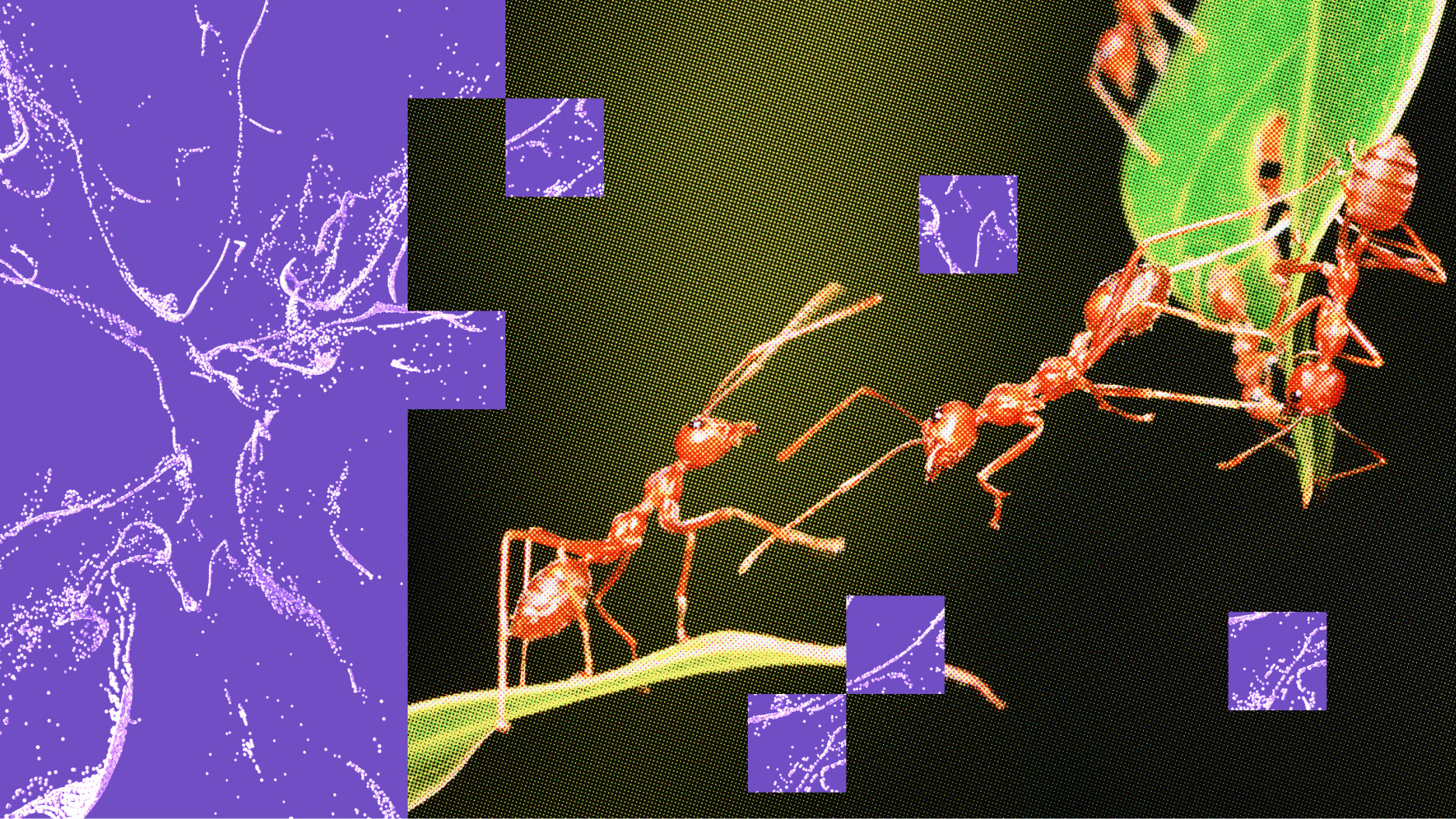Can you recover from schizophrenia? A Norwegian study suggests you can

A Norwegian study is showing some positive news for schizophrenic peoples after more than half of the participants had either partial or full recovery from their initial diagnosis.
The study, conducted by the University of Oslo’s Department of Psychology, followed about 30 young people diagnosed with schizophrenia, all of whom were recruited to the study within 5 months of being hospitalized or beginning outpatient treatment. The University of Oslo has been conducting the study for the last four years, with annual check-ins, and plans to continue the study for the next 6 years. At the 4-year check-in (in early 2018), 55% of them were “partially or fully” recovered from their symptoms. (Important note: why “about” 30? The study has a current drop-out rate of just 21%… which is low for a decade-long study).
The reason for the success? The study reports that it’s a mixture of antipsychotic medication and supported work programs. While some employers might balk at hiring a someone with schizophrenia—largely due to how the condition has been represented in the movies—it is absolutely helping the people in the study get ahold of their lives. According to one participant, quoted by Sciencenordic.com, “How well you do as a person has a lot to do with how you’re treated as a person.”
It’s important to note that one of the researchers, Professor Anne-Kari Torgalsbøen, stresses that the study is successful due to the fact that the schizophrenia was caught early. The study wasn’t conducted on older people who may have had symptoms for longer.
Contrary to what you might have been shown in the movies, schizophrenia doesn’t necessarily mean that you have several personalities. That’s DID, or Dissociative Identity Disorder, which is a much rarer condition than M. Night Shyamalan or David Fincher would have you believe. Actual, honest-to-god, genuine schizophrenia is a relatively rare condition. It affects about 50 million people worldwide.





